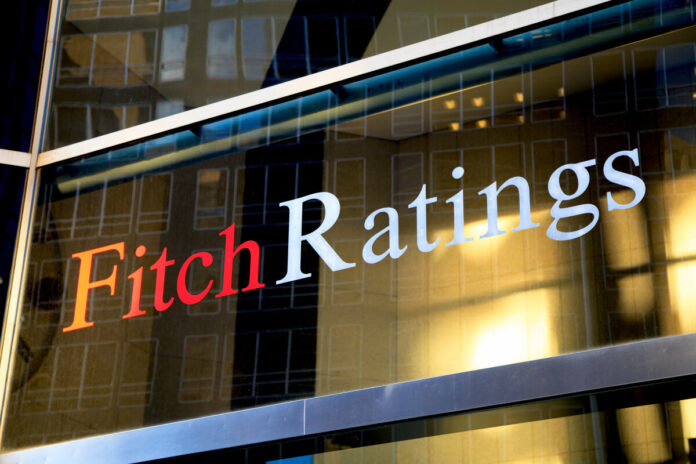Fitch, a major credit rating agency, has downgraded the US government’s credit rating from AAA to AA+ due to concerns about the state of the country’s finances and its growing debt burden. The agency cited a “steady deterioration” in governance over the past two decades as a factor in the decision.
US Treasury Secretary Janet Yellen criticized the downgrade as “arbitrary” and based on outdated data. Investors use credit ratings to assess the risk of lending money to a government, and the US has been considered a highly secure investment in the past. However, this year’s political battles over government borrowing and the debt ceiling have raised concerns.
Lawmakers will need to reach an agreement on next year’s budget to prevent a government shutdown when they return from their summer recess. Despite the downgrade, some economists find the timing and rationale surprising, as the US economy appears stronger than expected.
The downgrade is not expected to have a major impact on financial markets, and Treasury securities remain regarded as a safe asset. However, Fitch expects the US to experience a mild recession later this year, while other economists point out the success in controlling inflation without a recession.

Overall, the downgrade has sparked debate and differing opinions among experts in the financial world. Alec Phillips, the chief US political economist at Wall Street bank Goldman Sachs, stated that “The downgrade mainly reflects governance and medium-term fiscal challenges, but does not reflect new fiscal information.”
Others questioning the timing of the Fitch announcement included Jason Furman, who was an economic adviser to former US president Barack Obama. He called it “completely absurd.”
Former US Treasury Secretary Larry Summers said Fitch’s decision is “bizarre and inept,” particularly as the US economy “looks stronger than expected.” Mohamed El-Erian, the chief economic adviser at financial services giant Allianz, called the Fitch announcement “a strange move.”
The US government’s credit rating downgrade highlights the ongoing challenges of fiscal management and governance in the country. While the impact on financial markets might be limited, the downgrade raises questions about the nation’s ability to address its fiscal challenges effectively. As the US navigates its economic recovery and political landscape, the road ahead remains uncertain.





